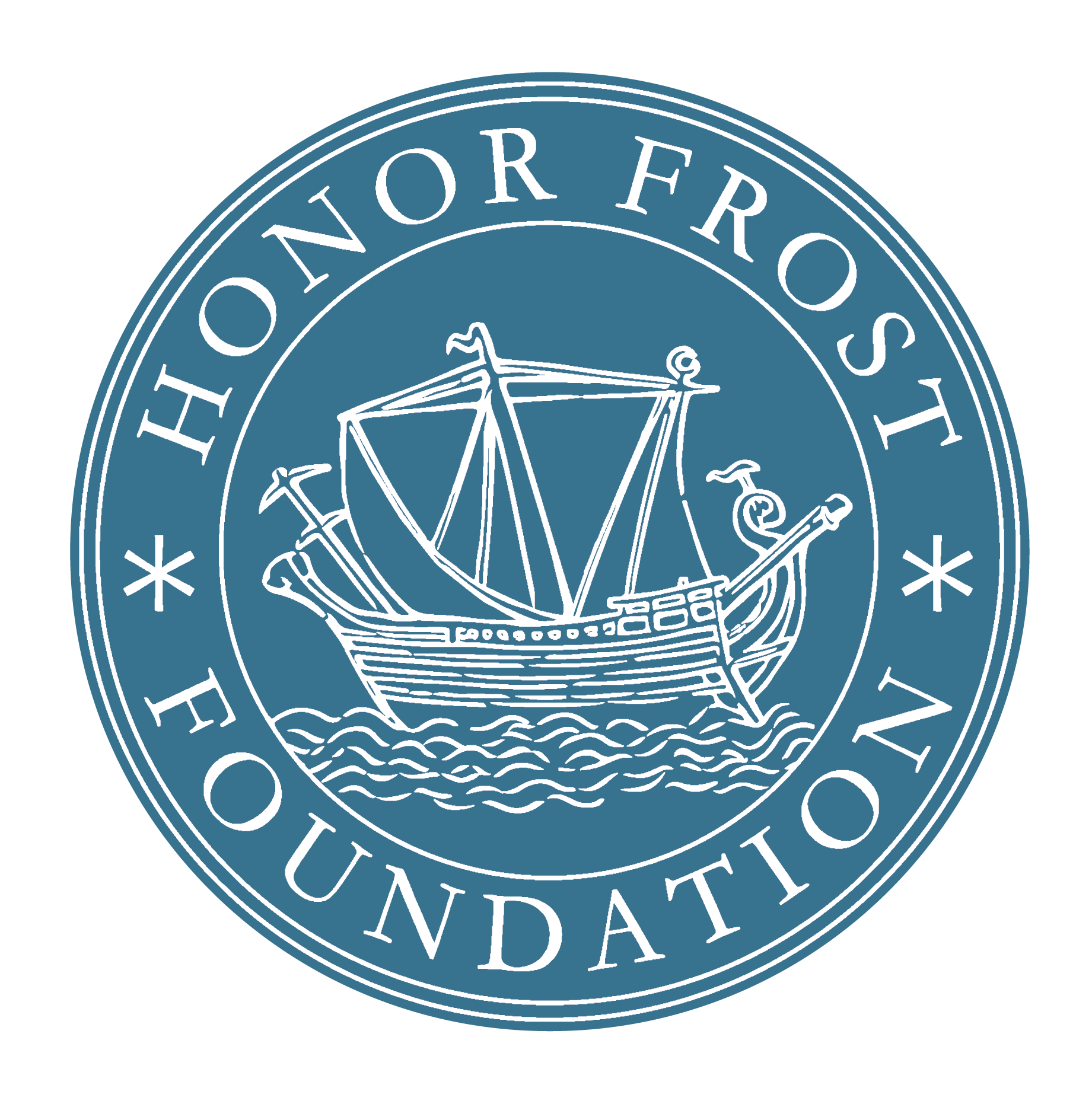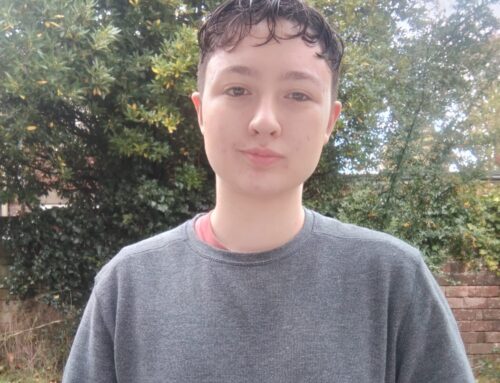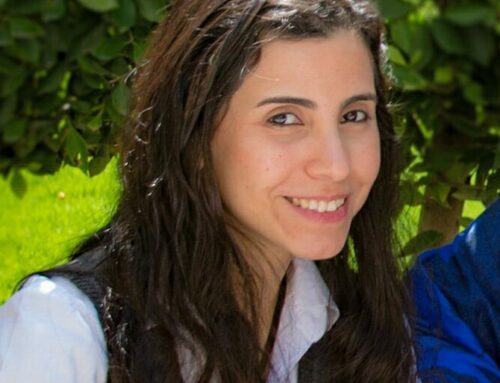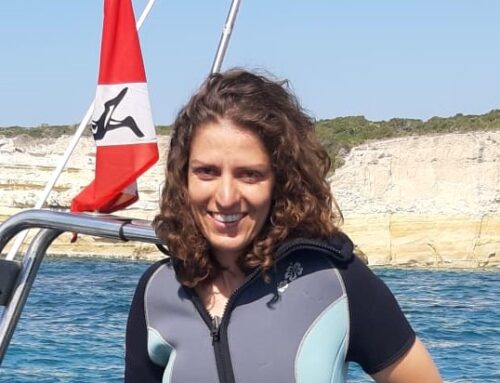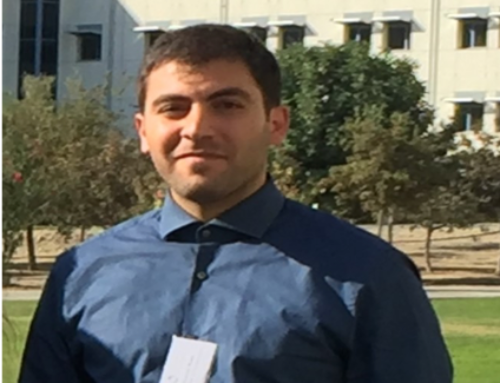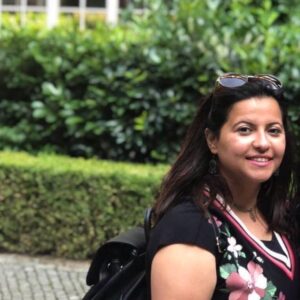 I am deeply rooted in the maritime heritage of my homeland, Egypt. Inspired by the rich history of shipbuilding and early sailing in Egypt, I embarked on a journey into maritime archaeology to explore my heritage and contribute to the field significantly.
I am deeply rooted in the maritime heritage of my homeland, Egypt. Inspired by the rich history of shipbuilding and early sailing in Egypt, I embarked on a journey into maritime archaeology to explore my heritage and contribute to the field significantly.
My academic journey began with undergraduate studies in Greek and Roman history and transitioned into my graduate pursuits in maritime archaeology. My dedication to this field is evident in my previous role as a Full-time Research Assistant at the Alexandria Centre of Maritime Archaeology and Cultural Heritage.
In addition to my academic background, I am currently pursuing a Ph.D., focusing on “Ship Repair and Reuse in the Mediterranean.” This research builds upon my Master’s thesis, “Ship Building Tools in the Mediterranean: An Archaeological and Ethnographic Approach,” obtained from the Faculty of the Arts at Alexandria University in 2017.
By combining these two theses, I aim to create a comprehensive database encompassing tools, repair techniques, and reuse practices in maritime archaeology. This integrated approach fosters a deeper understanding of shipbuilding processes and maritime activities in the Mediterranean region. My expertise in this area, coupled with my research experience and publications, distinguished me as a standout candidate for the scholarship. My Master’s thesis, “Ship Building Tools in the Mediterranean: An Archaeological and Ethnographic Approach,” showcased my scholarly rigor and analytical skills in examining maritime artifacts and historical records.
Despite facing challenges as a mother of a young child, I demonstrated resilience and determination in pursuing academic excellence and engaging in outreach projects. My ability to balance familial responsibilities with scholarly pursuits underscores my commitment to advancing the field of maritime archaeology.
Furthermore, to my academic achievements, my involvement in outreach projects aimed at raising awareness of maritime archaeology among younger generations further strengthened my candidacy for the scholarship. Despite obstacles such as time constraints and logistical challenges, I successfully contributed to initiatives like the Maritime Archaeology Outreach Project (MAOP), and Rescue Max project as a curriculum creator demonstrating my passion for education and community engagement.
My ability to overcome these obstacles and excel in both academic research and outreach endeavors highlighted my suitability as a recipient of the Honor Frost Foundation scholarship. By selecting me as a scholar, the foundation recognized not only my academic potential but also my dedication to promoting the study and appreciation of maritime archaeology.
The prevailing misconception that being a married mother would hinder my academic success nearly jeopardized my career, but it only fuelled my determination to defy stereotypes and prove skeptics wrong, ultimately strengthening my resolve to pursue excellence in my field.
Being a mother and wife in the field not only demonstrates that it is possible to balance family responsibilities with academic pursuits but also serves as a source of motivation for other female candidates facing similar circumstances in countries like Egypt, instilling confidence that they too can succeed, thereby fostering greater trust in candidates like myself.
In summary, my research topic, work experience, publications, and commitment to outreach and engagement were key factors in securing the Honor Frost Foundation scholarship. Through my scholarship, I am determined to make meaningful contributions to the field of maritime archaeology and inspire future generations to explore the rich maritime heritage of our world.
In this academic year, substantial progress has been made in the research concerning the role of ship repair and reuse in Mediterranean civilisations spanning from the 3rd millennium B.C. to the 6th century CE. This study aims to illuminate the craftsmanship documented in the archaeological record, Iconographical and ancient resources shedding light on ship maintenance and reuse activities, their impact on extending ship lifespan, and their cultural significance in ancient Mediterranean societies.
Research Progress
Literature Review: A comprehensive literature review has been conducted and is ongoing, covering the development of shipbuilding, ship repair, and reuse definitions, as well as background research into the subject matter.
Thesis Outline: A draft outline of the thesis has been formulated, delineating chapters, objectives, and timelines for completion.
Data Collection: Ongoing efforts are being made towards data collection, with a focus on meticulous sourcing and analysis of evidence.
Project Database: An Excel-based project database has been established for the systematic organization of collected data.
GIS Potential: A Project GIS will be developed if deemed necessary for the research.
Chapter Drafts: Partial drafting of Chapter One, along with research questions, aims, methodology, and data collection methods, has been accomplished.
Thesis Outline Progress:
Chapters on ship repair and reuse in Ancient Egyptian, Greek, Roman, and Byzantine periods are scheduled for completion between 2024 and 2025.
Ethnographic studies and anthropological theory case studies will be incorporated as necessary, to be determined by the end of 2024.
Discussion and conclusion chapters are slated for completion by December 2025, respectively.
Next Steps and Plan for Progression:
Complete data collection and database organization.
Conduct spatio-temporal analysis to enhance understanding.
Achievements and Academic Activities:
Publication: Contributed to the ACUA Student Newsletter with a piece on Iconographic and Literary Representations of Diving in Ancient Greece.
Conference Presentations: Presented papers at Ain Shams University ”Understanding the Evidence in Tracing the Tools of Ancient Egyptian Shipbuilding”
A poster abstract has been accepted by the Society for Historical Archaeology in Oakland, USA ”Empowering Children to Safeguard Egypt’s Underwater Cultural Heritage” but I could not attend because of a visa issue time.
Upcoming Poster Presentation: Proposal accepted for a poster presentation at the musée National de la Marine in Paris, in April 2024, focusing on the reuse of wood in Ancient Egypt.
Volunteer Work: Engaged in outreach activities at the Maritime Archaeology Trust in Southampton and served as a content creator at the Raquda Foundation in Egypt.
Conference Support: Provided session support and contributed to the Virtual Museum at the CAHO conference at Southampton University.
Committee Participation: Served on the PGRAS Committee in 2023 at Southampton University.
Courses and Training:
Attended courses on data management, equality, and diversity, health and safety, and research ethics in practice to bolster research skills and ensure adherence to academic standards.
Overall, the first year has been marked by significant progress in research, active participation in academic forums, and engagement in relevant academic training and events, laying a strong foundation for continued scholarly exploration in the field of maritime archaeology.
